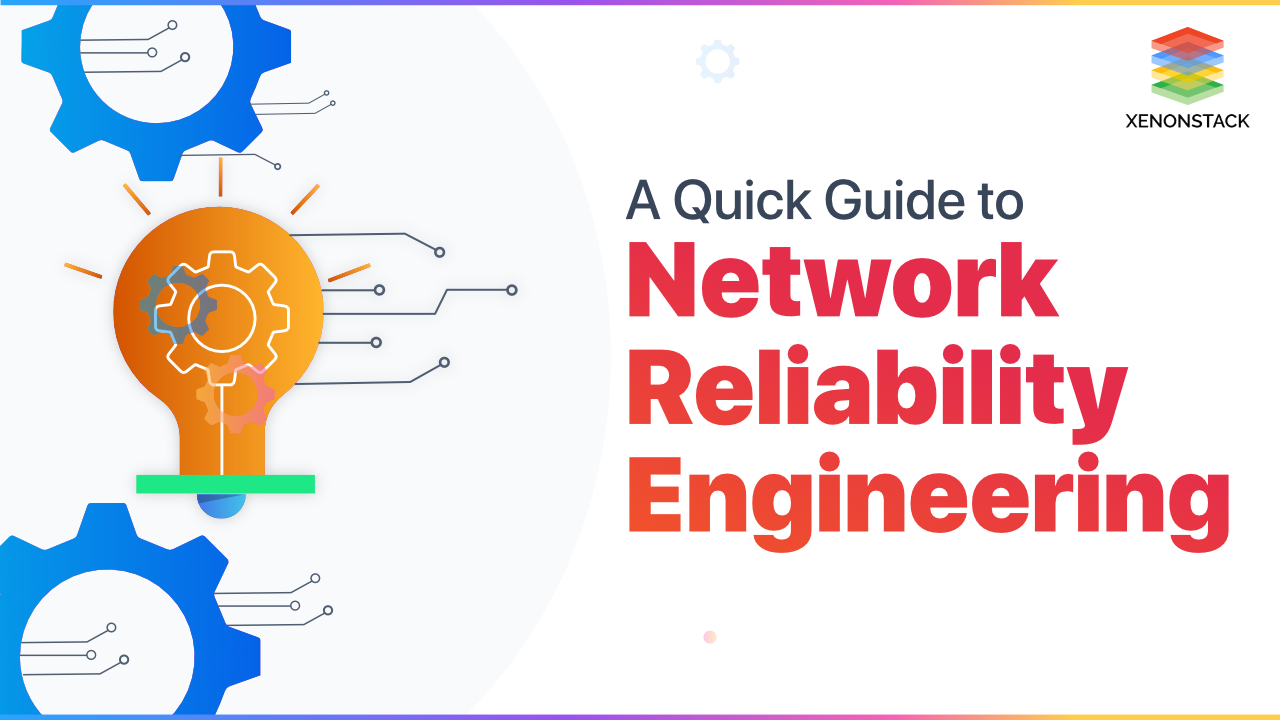
Overview of Network Reliability Engineering
In a world shaped by technology, automation helps businesses move fast and pivot on a dime. Meanwhile, the foundational value of network operations is steadfast reliability, a condition traditionally best during inactivity. “Network reliability engineering” (NRE) is an emerging approach to network automation that stabilises and improves reliability while achieving speed benefits.- Juniper Networks 2018 Although the dawn of NRE was mid-2018, it is the apt time to forget about the title of a network administrator, network operator or network architect and embrace the new title of Network Reliability.
Engineer Just like sys-admins have evolved from technicians to technologists entitled to SRE, Site Reliability Engineer, the NRE is the title declared for modern network engineers. A professional who can implement a network in a reliable ecosystem is an NRE Network Reliability Engineer.
SRE involves using software engineering techniques that include algorithms, data structures, performance, and programming languages to achieve highly reliable web applications.. Click to explore about, Site Reliability Engineering
What is Network Reliability Engineering?
Engineering an automated network in a service model that can operate reliably without compromising scalability, rate of change and performance. Just as SREs define their methods like DevOps, DevNetOps is embraced by network reliability engineering. While Dev and App-Ops work tightly together on top of cloud-native infra such as Kubernetes, the SRE cluster plays a crucial role in ops, delivering operational simplicity by designing separation of concerns.
Likewise, the NRE can develop simplicity by providing its consumers an API contract to the network, probably the IaaS and cluster SREs. But at the same time, it becomes crucial that your foundational level of networking should achieve simplicity. NRE principles are a derivative of the DevOps Principle -
-
Enable automation
-
Have workflow transparency
-
Metrics for monitoring
-
Design for failure
-
Learn to evolve continuously
NRE culture prioritizes reliability above all other requirements, ensuring security, agility, velocity, and efficiency while delivering the required performance. The goal is to move fast, but it's not about how quickly you can drive but how you drive fast.
DevOps Automation starts from code generation and runs continuously even after the software or app is in the monitoring/production phase. Click to explore about, Best Automation Tools
Network Reliability Engineering Conduct
-
Code - Codifying the entire network infrastructure and pushing all the code to a version control repository.
-
Automate - Using DevNetOps concepts for automating and dynamic provisioning efficiency optimization.
-
Test - Continuous automatic testing to meet service level agreements.
-
Monitor - Monitoring alerts and actions for unusual events and monitoring is essential for drawing insights.
-
Measure -Rate the network design and measure the performance for better transparency and improvements.
-
Response—There should be a continuous response for better resiliency. So soon, network-as-code will be a buzzword among all network architects. Oh! Sorry, let us be a bit modern Network Reliability Engineers. There will be an era where engineers store network configurations on GitHub, and the deployment process will be with the help of programmatic APIs.
Though the term "Network Reliability Engineering" seems too complex, the goal of adopting NRE and NetOps is to simplify network operations while delivering resilient and reliable networking systems.

To know more about how NREs establish simplicity in operations and management, we recommend taking the following steps -
- Read more about DevNetOps
- Learn More about DevOps Assembly Lines
Next Steps with Network Reliability Engineering (NRE)
Talk to our experts about implementing compound AI system, How Industries and different departments use Agentic Workflows and Decision Intelligence to Become Decision Centric. Utilizes AI to automate and optimize IT support and operations, improving efficiency and responsiveness.
.webp?width=1921&height=622&name=usecase-banner%20(1).webp)


